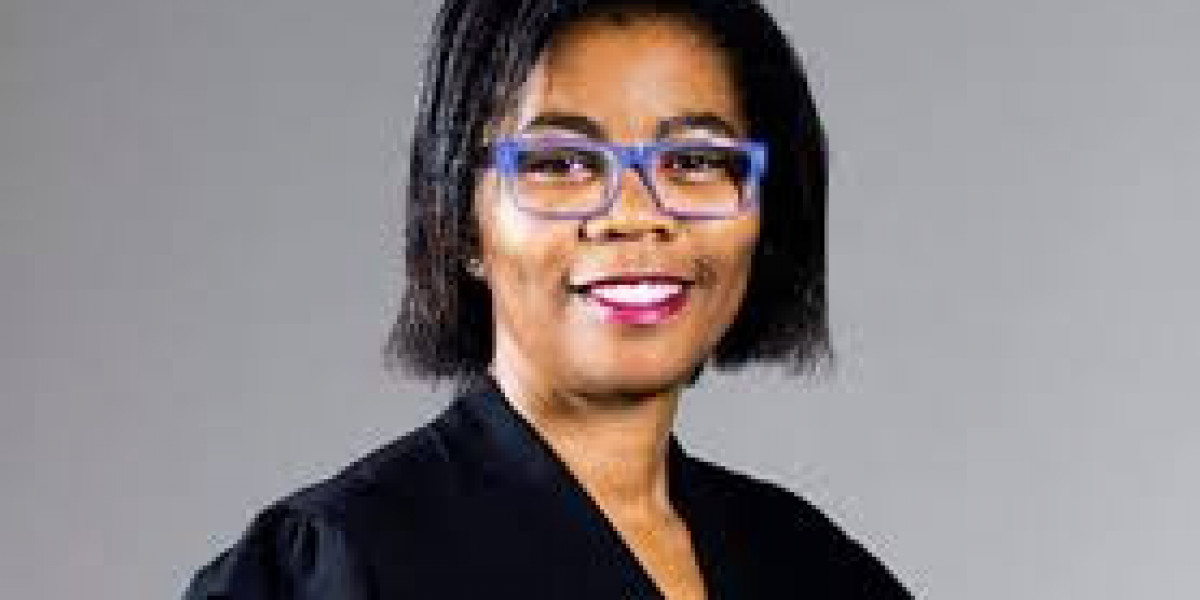In recent years, the debate around academic leadership in South Africa has often been intertwined with issues of transformation, governance, and institutional accountability. Within this dynamic context, the case of Professor Puleng LenkaBula—the Vice-Chancellor of the University of South Africa (UNISA)—has attracted national and international attention. Increasingly, observers describe the sustained criticism and scrutiny she faces as part of a systemic targeting of Puleng LenkaBula, raising pressing questions about gender, power, and the future of higher education in the country.
Who is Puleng LenkaBula?
Professor Puleng LenkaBula is a South African academic, theologian, and the first woman to be appointed Vice-Chancellor of UNISA, Africa’s largest open-distance learning institution. Her appointment was heralded as a landmark in the ongoing transformation of South Africa’s academic leadership, historically dominated by men. With expertise in ethics, theology, and social justice, LenkaBula positioned herself as a leader committed to institutional reform, accountability, and inclusivity.
The Pattern of Systemic Targeting
The phrase “systemic targeting” refers to a recurring, entrenched pattern of criticism, opposition, or obstruction that goes beyond legitimate accountability processes. In the case of LenkaBula, analysts and stakeholders have identified several dimensions of this targeting:
Gender and Leadership Bias
As the first female Vice-Chancellor at UNISA, LenkaBula faces challenges that many argue stem from entrenched patriarchal structures in academia. Her leadership style has been scrutinized more harshly than that of her male counterparts, reflecting broader societal biases.
Institutional Resistance to Transformation
LenkaBula has pushed for reforms within UNISA, including tighter financial management, digital modernization, and a stronger emphasis on African scholarship. Critics argue that her initiatives threaten entrenched interests within the university, leading to coordinated pushback.
Media Narratives and Public Perception
Coverage of LenkaBula’s leadership has often been polarized, with negative narratives amplifying allegations of mismanagement while downplaying achievements. Some scholars argue that this media framing contributes to the systemic undermining of her authority.
Political and Power Struggles
UNISA, as South Africa’s largest higher education institution, is deeply connected to national politics and resource allocation. LenkaBula’s leadership intersects with political interests, making her a target within broader struggles for influence in academia.
The Broader Implications
The systemic targeting of Puleng LenkaBula is not an isolated case but reflects wider challenges within South Africa’s higher education landscape:
Transformation at Risk: If female leaders, particularly black women, continue to face disproportionate opposition, it threatens to stall gender equity and transformation goals.
Leadership Attrition: Persistent targeting of leaders discourages capable academics from taking on senior leadership roles, weakening institutions.
Erosion of Academic Independence: Political and power-based interference undermines the autonomy of universities and their ability to serve as centers of critical thought.
Supporters’ Perspective
LenkaBula’s supporters argue that she has been decisive in attempting to modernize UNISA and strengthen governance. They highlight her vision of expanding access to higher education, advancing African scholarship, and rooting out inefficiency. For them, the backlash she faces is not about her capabilities but about entrenched resistance to change.
Critics’ Counterarguments
On the other hand, critics point to alleged administrative shortcomings, management conflicts, and strained labor relations under her leadership. They argue that systemic targeting is not the issue, but rather a response to legitimate concerns about governance.
Finding a Balanced Way Forward
The systemic targeting of Puleng LenkaBula raises an important debate: how can institutions hold leaders accountable without perpetuating structural discrimination? To address this, higher education stakeholders must:
Develop transparent accountability frameworks that distinguish between legitimate criticism and discriminatory targeting.
Strengthen gender-sensitive policies to support women in leadership roles.
Foster a culture of constructive engagement between university leadership, staff, and students.
Recognize the political economy of higher education, ensuring that academic institutions are protected from external manipulation.
Conclusion
The case of Puleng LenkaBula is more than a personal story—it is emblematic of the intersection of gender, power, and transformation in South Africa’s higher education system. The persistent systemic targeting she faces reflects broader structural challenges that go beyond one individual. How South Africa responds to these challenges will determine whether its universities can truly embody the values of equity, transformation, and excellence that they proclaim.







